Intro
Both Saul Goodman from Breaking Bad/Better Call Saul and Mickey Haller from The Lincoln Lawyer series are two of the most iconic fictional lawyers in pop culture, each with unique methods and approaches to the law. Despite both being defense attorneys, their characters, philosophies, and styles differ significantly, making for an intriguing comparison. Here’s an analysis of how these two lawyers stack up against each other:
1. Background and Origin
- Saul Goodman (Jimmy McGill)
- Series: Breaking Bad / Better Call Saul
- Actor: Bob Odenkirk
- Saul Goodman, born Jimmy McGill, is a con artist turned lawyer. He starts his career under his real name, fighting for small-time clients, before adopting the persona “Saul Goodman” when he delves into more morally ambiguous, criminal defense work. He rises to prominence as the go-to lawyer for criminals, and his tagline, “Better Call Saul,” epitomizes his role as a morally flexible, “get out of jail” card for Albuquerque’s underworld.
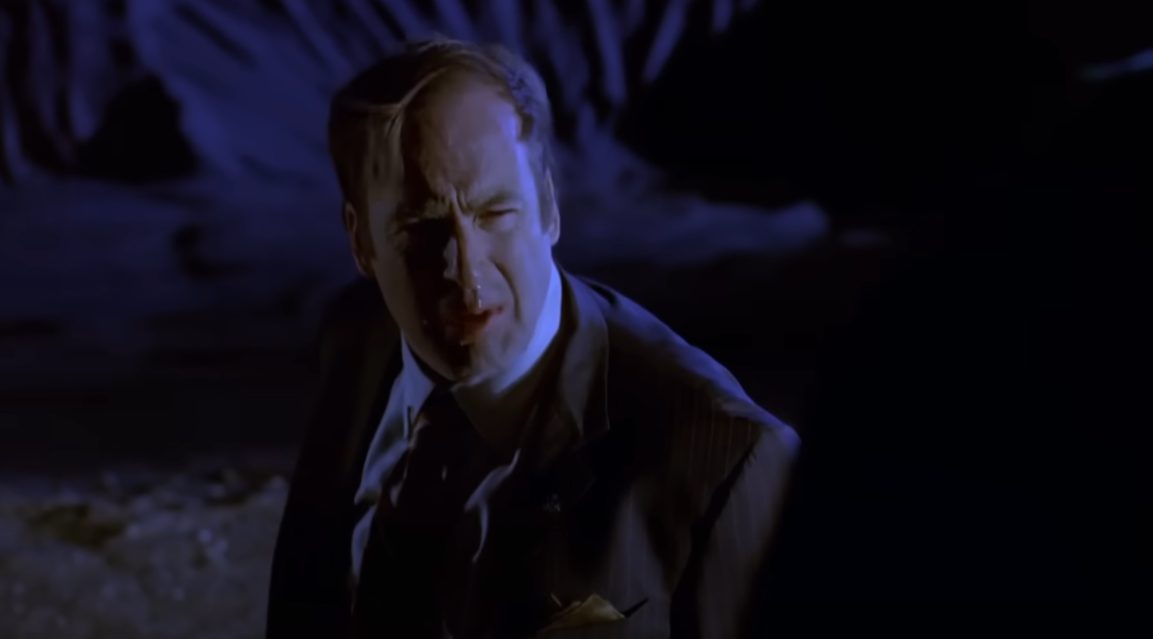
- Mickey Haller
- Series: The Lincoln Lawyer (books by Michael Connelly, adapted into film and TV)
- Actor: Matthew McConaughey (film) / Manuel Garcia-Rulfo (Netflix series)
- Mickey Haller, also known as “The Lincoln Lawyer,” operates primarily from the backseat of his Lincoln Town Car, which sets him apart as a lawyer on the move. His father was a renowned lawyer, and Mickey inherits a mix of ambition, charisma, and legal prowess. He’s more of a legal purist than Saul, yet not above manipulating the system when necessary.
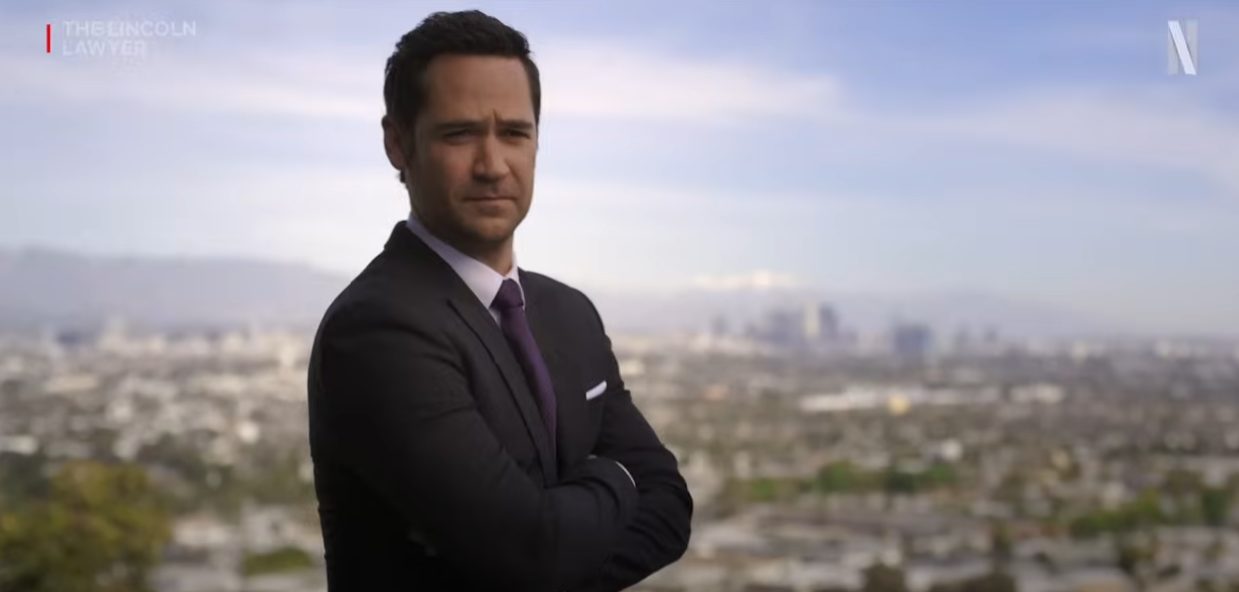
2. Legal Approach and Ethos
- Saul Goodman:
- Ethics: Flexible to nonexistent. Saul is willing to bend, stretch, or outright break the law to serve his clients or himself. He operates with a “win at all costs” mentality and is not above bribery, intimidation, or witness tampering. His moral compass is heavily skewed, and he prides himself on exploiting loopholes in the legal system.
- Clients: His clientele mainly consists of criminals, including drug dealers, hitmen, and con artists. He actively seeks out cases that most lawyers would avoid because they require creative, sometimes shady, legal maneuvers.
- Style: Fast-talking, charming, and often comedic. Saul is a master of persuasion, often using his wit and street smarts to outmaneuver opponents in and out of the courtroom. His lawyering leans heavily into the spectacle of showmanship.
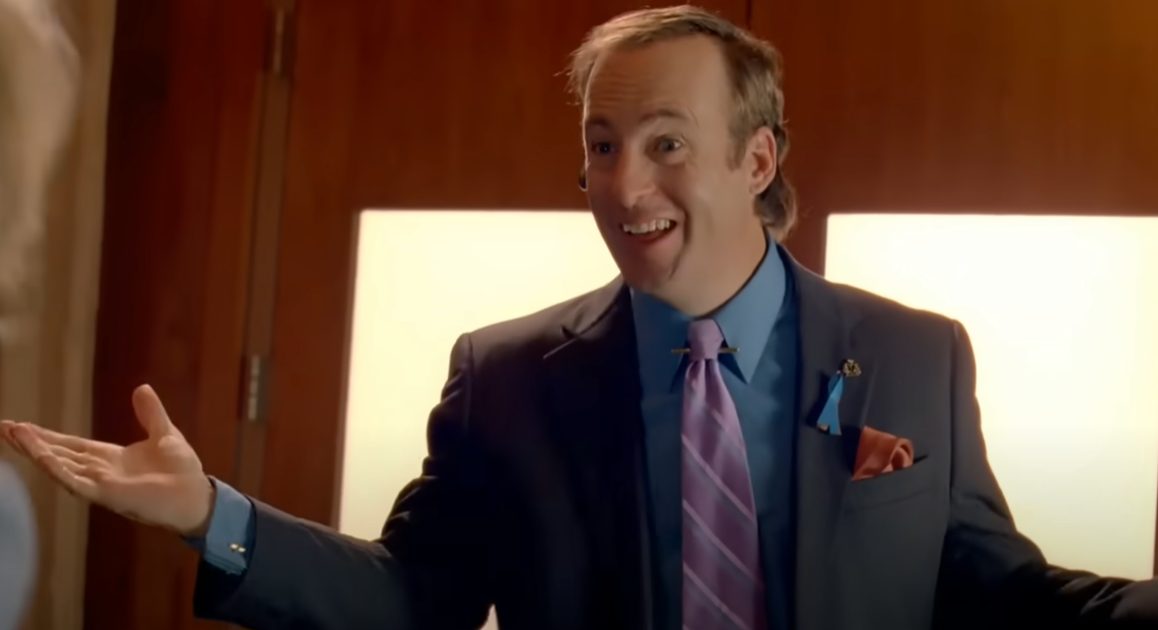
- Mickey Haller:
- Ethics: More traditionally ethical, but with some moral gray areas. While Mickey believes in the integrity of the justice system and fights for the accused’s right to a fair trial, he’s not afraid to pull a few tricks to ensure a favorable outcome for his clients. However, he draws the line at outright corruption or breaking the law.
- Clients: Haller defends a range of clients, from high-profile criminals to everyday people wrongfully accused. He’s less niche than Saul in his clientele but focuses on securing justice, whether for the guilty or innocent.
- Style: Haller is smooth, charismatic, and highly strategic. He’s known for his meticulous preparation and a deep understanding of the law, often using legal technicalities and superior strategy to win cases. He’s less flashy than Saul but more rooted in legal acumen.
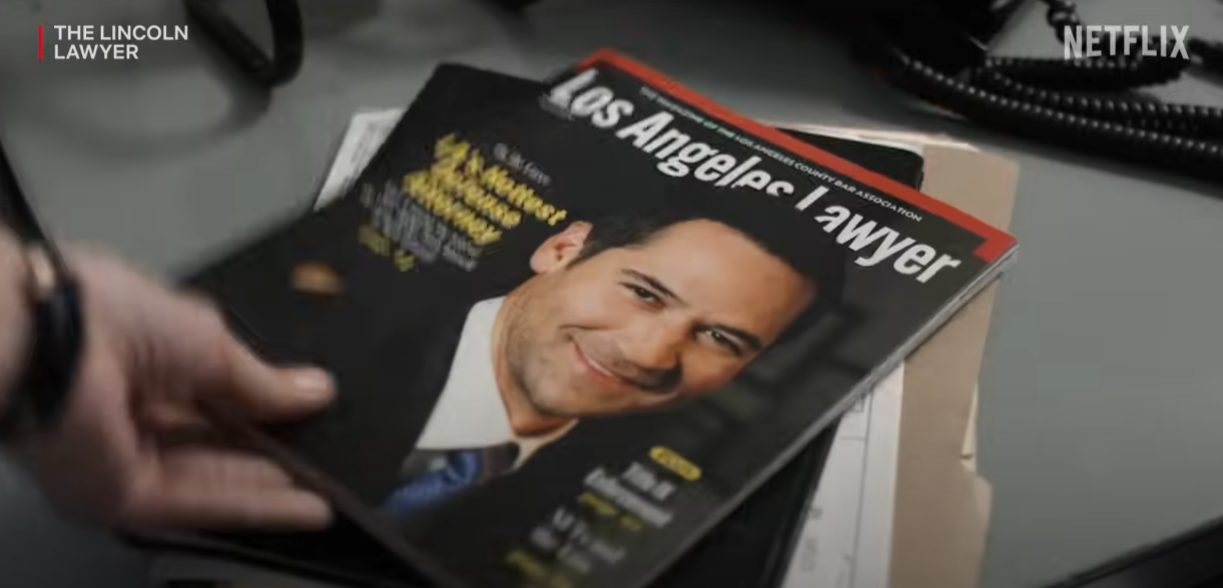
3. Morality and Personal Life
- Saul Goodman:
- Morality: Morally ambiguous, Saul’s transformation from Jimmy McGill to Saul Goodman showcases a gradual descent into the underworld, prioritizing survival and financial gain over legal ethics. His willingness to work with dangerous criminals and his deceptive practices show a lawyer who has little regard for the consequences of his actions on society or his clients.
- Personal Struggles: Saul is deeply shaped by his strained relationship with his brother Chuck, who was a brilliant but judgmental lawyer. Jimmy’s shift to Saul is a defense mechanism—his way of proving himself, albeit through unscrupulous methods.
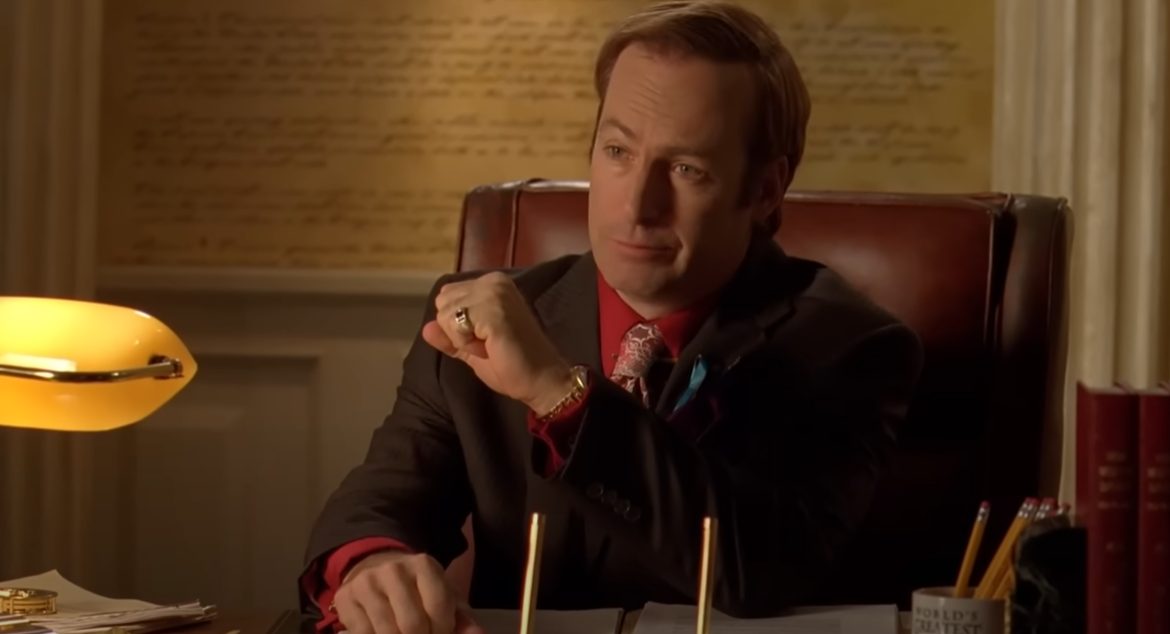
- Mickey Haller:
- Morality: While Haller is not a saint, he is grounded by a personal belief in the justice system. His moral compass is stronger than Saul’s, and he occasionally reflects on the ethical implications of his actions. He wants to believe in the law’s ability to do good, even if the system is flawed.
- Personal Struggles: Mickey deals with personal demons like substance abuse, strained relationships, and balancing his desire to help people with the cynicism that can come from defending guilty clients. He also feels the weight of living up to his father’s reputation, which influences many of his decisions.
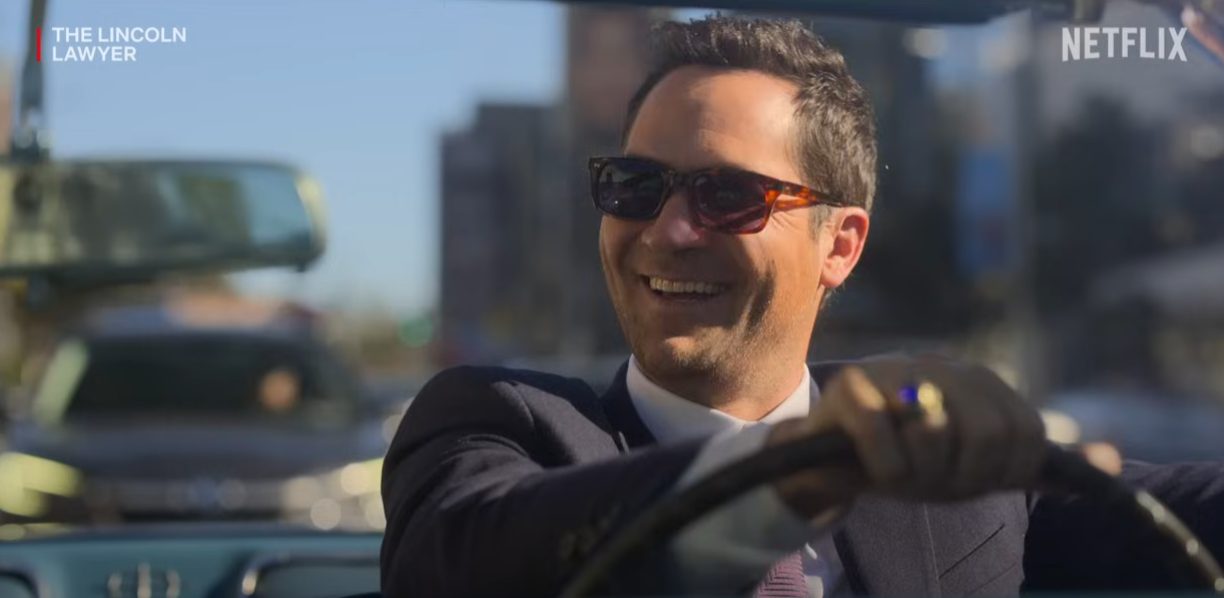
4. Impact and Pop Culture Presence
- Saul Goodman:
- Saul became a fan-favorite character due to his colorful personality and comedic relief in the otherwise dark world of Breaking Bad. His spinoff series Better Call Saul allowed for a deeper exploration of his character, making him one of television’s most complex antiheroes. His influence on pop culture is undeniable, with his “Better Call Saul” catchphrase and outrageous commercials symbolizing his larger-than-life persona.
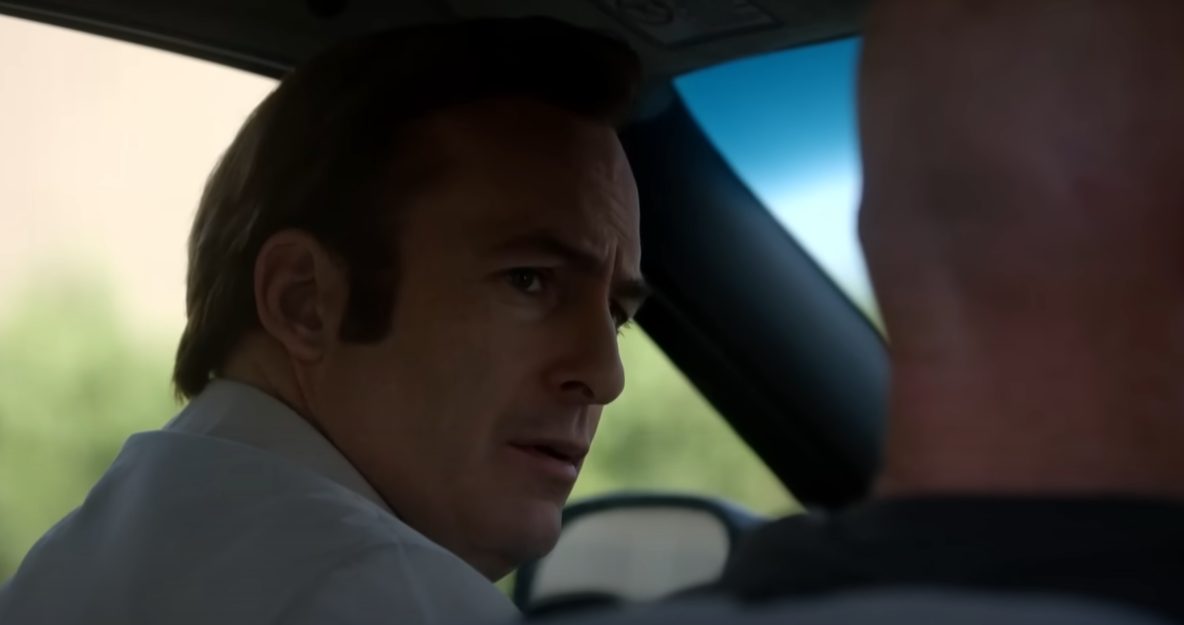
- Mickey Haller:
- Mickey Haller, through The Lincoln Lawyer books and adaptations, has carved out a niche as a more serious, gritty representation of a defense attorney. The character resonates with audiences who appreciate a lawyer trying to balance his personal struggles with his professional obligations. While perhaps less flashy than Saul, Haller’s moral ambiguity and resilience have given him a strong place in legal drama fiction.
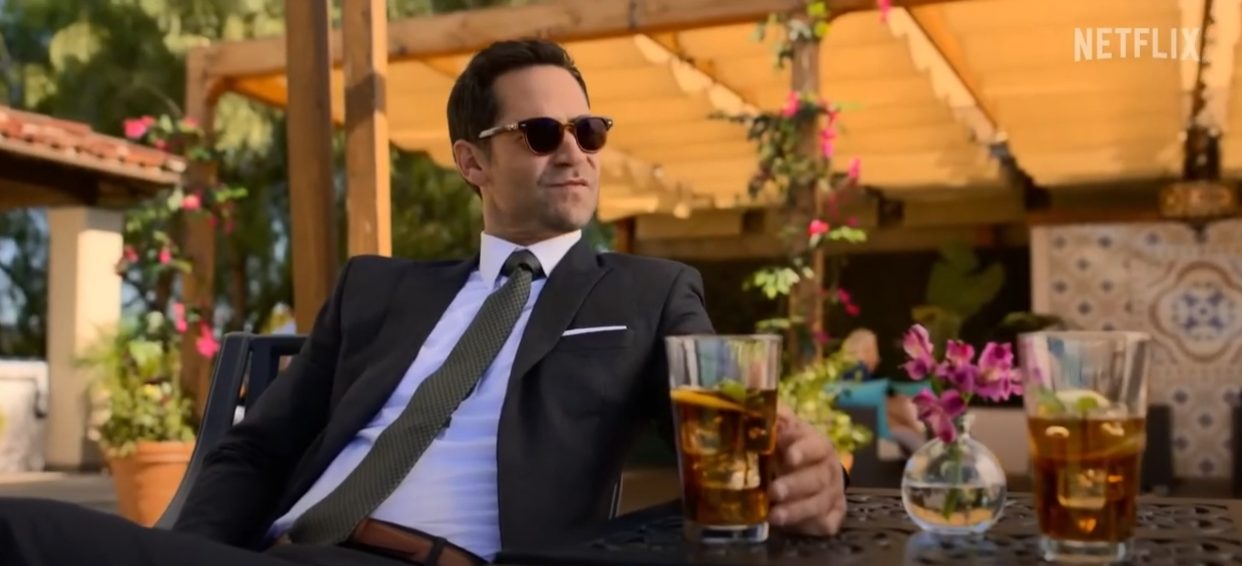
5. Strengths and Weaknesses
- Saul Goodman:
- Strengths: Creativity, quick thinking, ability to manipulate and charm people, street smarts, and a near-encyclopedic knowledge of legal loopholes.
- Weaknesses: His willingness to bend the law, which often puts him and his clients in dangerous situations. His lack of a moral compass can backfire, leading to personal and professional downfall.
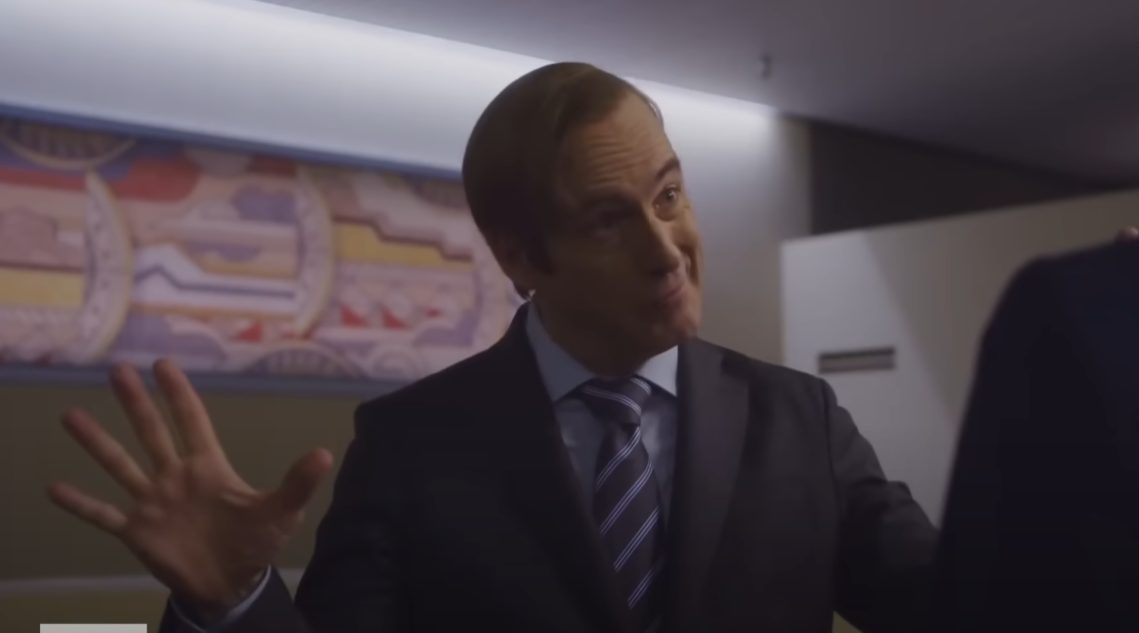
- Mickey Haller:
- Strengths: Legal expertise, meticulous case preparation, charisma, and a more grounded ethical approach to the law.
- Weaknesses: Tends to get personally involved with his clients, which can compromise his objectivity. His personal struggles sometimes cloud his judgment, and his faith in the system can be exploited.
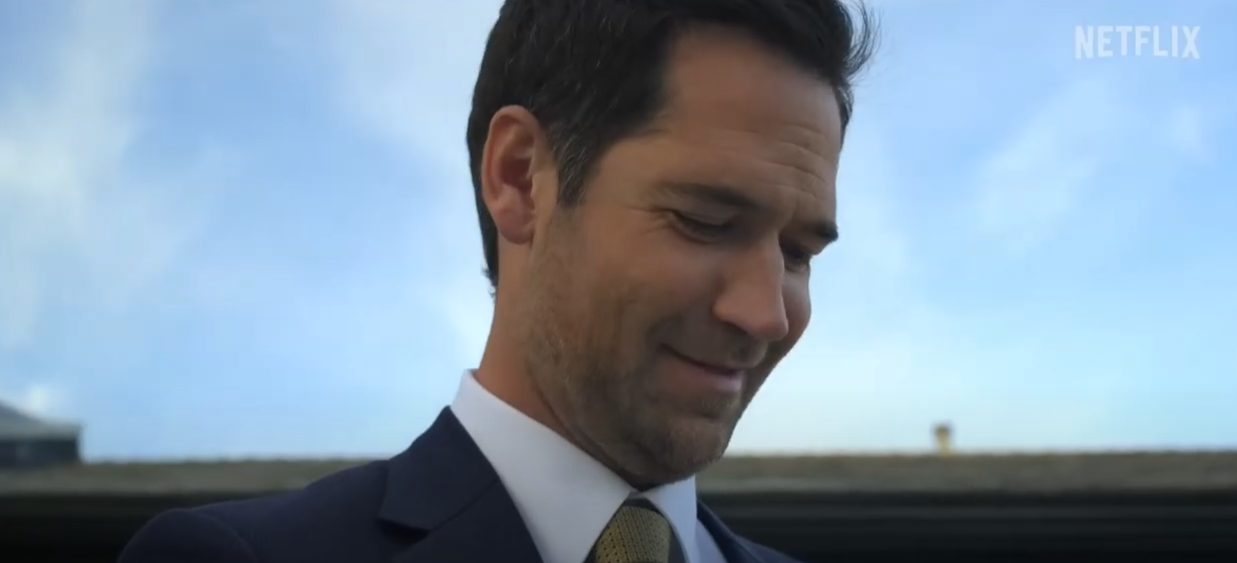
6. Who Would You Hire?
- If you’re in a moral gray area or need a lawyer willing to push (or break) the law to win: Saul Goodman is your man. He’ll find loopholes, exploit weaknesses, and use every trick in the book to ensure you get off, no matter the crime.
- If you need a lawyer who operates within the bounds of the law but still knows how to win tough cases: Mickey Haller offers a more ethical approach without sacrificing the sharp edge needed to navigate complex legal situations.
Conclusion
Both Saul Goodman and Mickey Haller are exceptional fictional lawyers, but their styles, ethics, and approaches to the law couldn’t be more different. Saul is the epitome of the “shady lawyer” trope, bending the law to his will for profit, while Mickey represents the more nuanced figure of a lawyer navigating personal and professional challenges within the system. Choosing between the two would largely depend on whether you value legal ethics or just winning at any cost.




